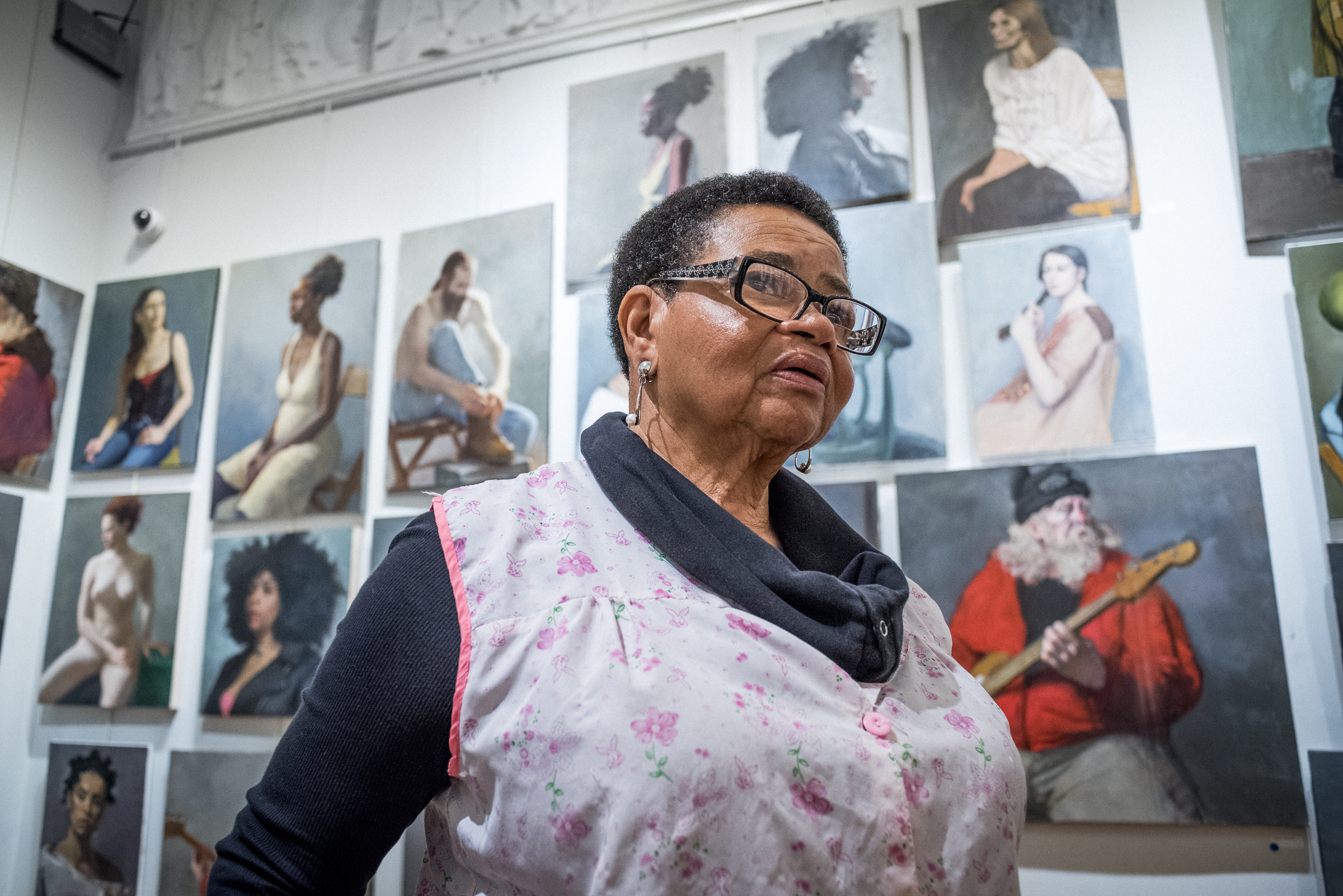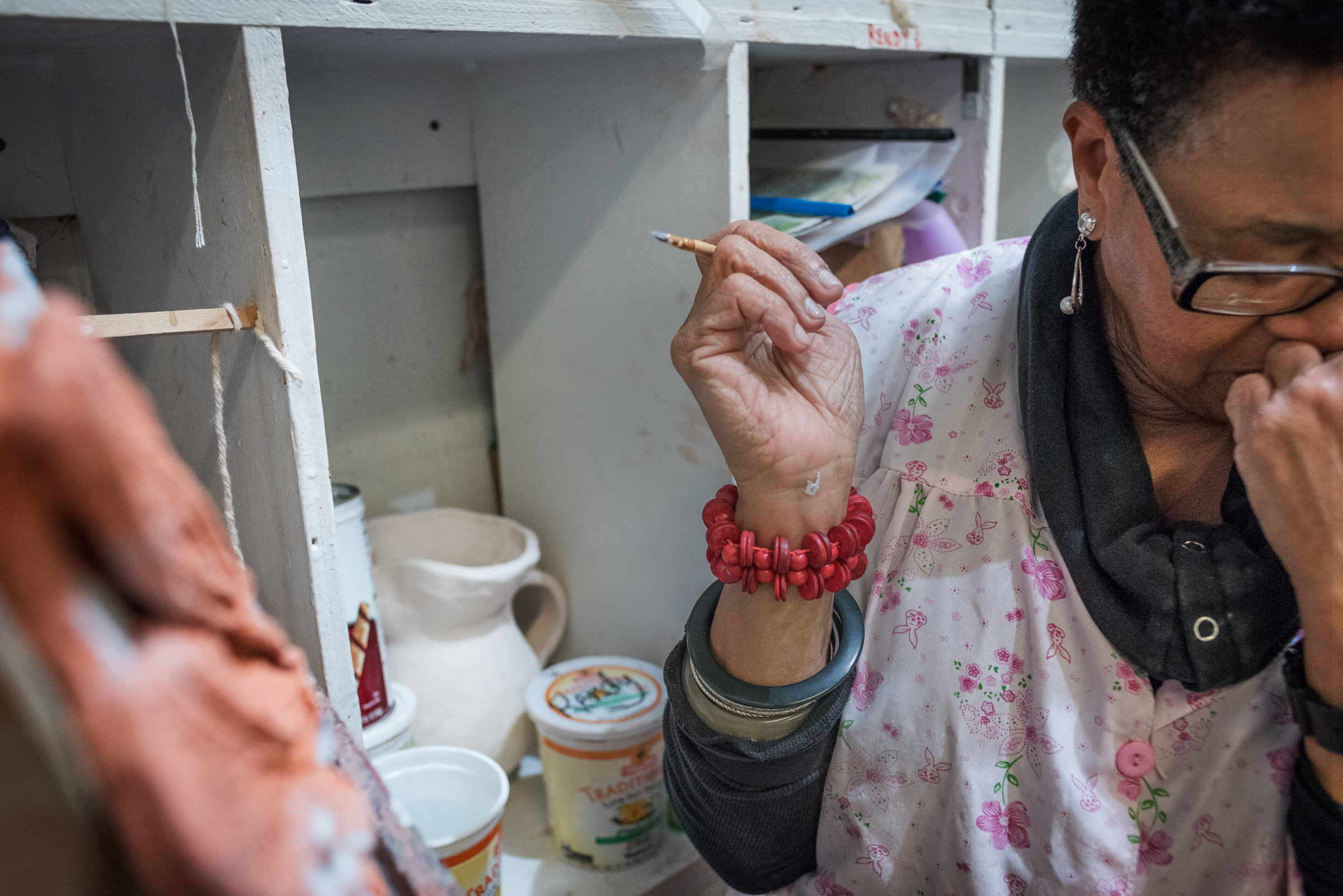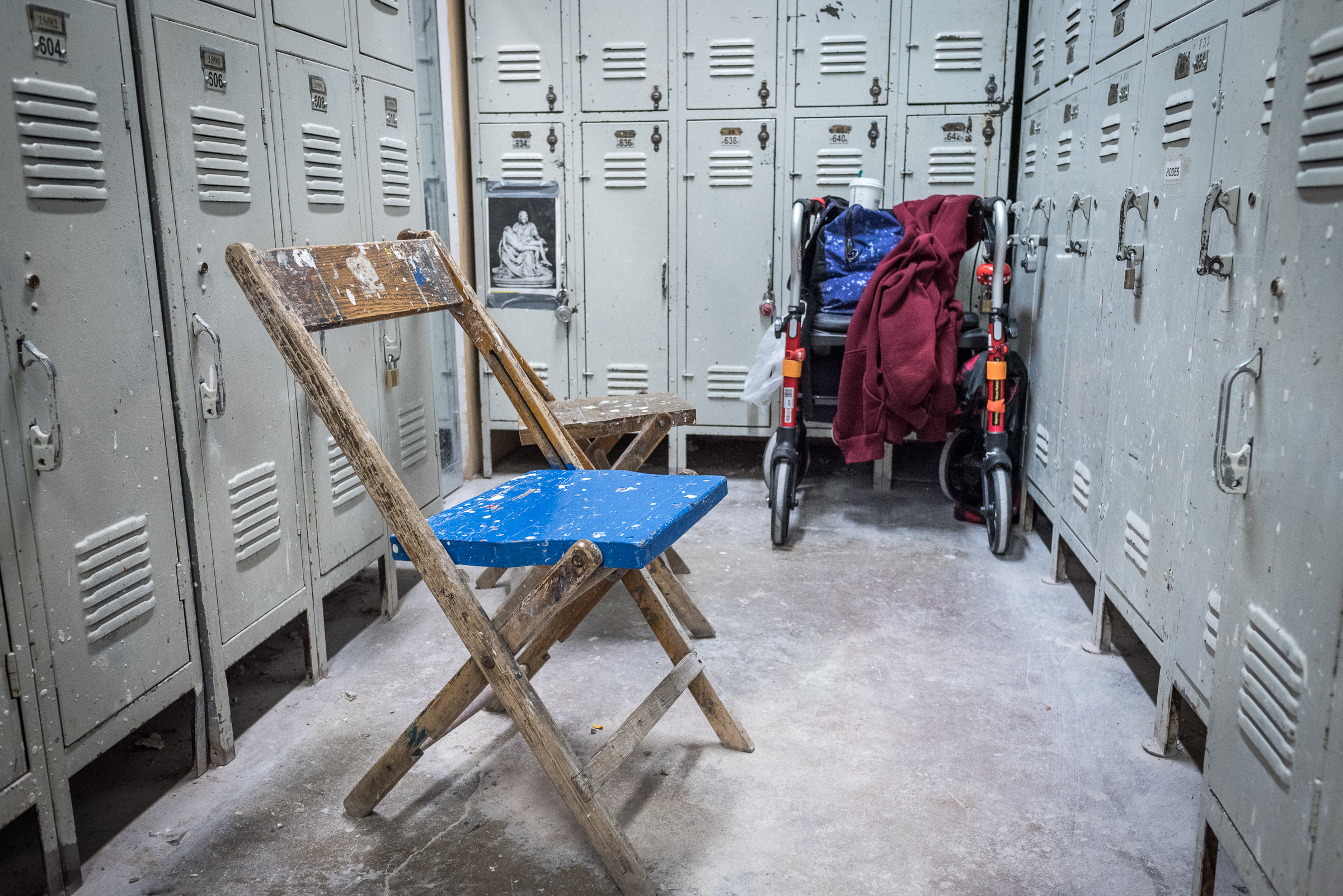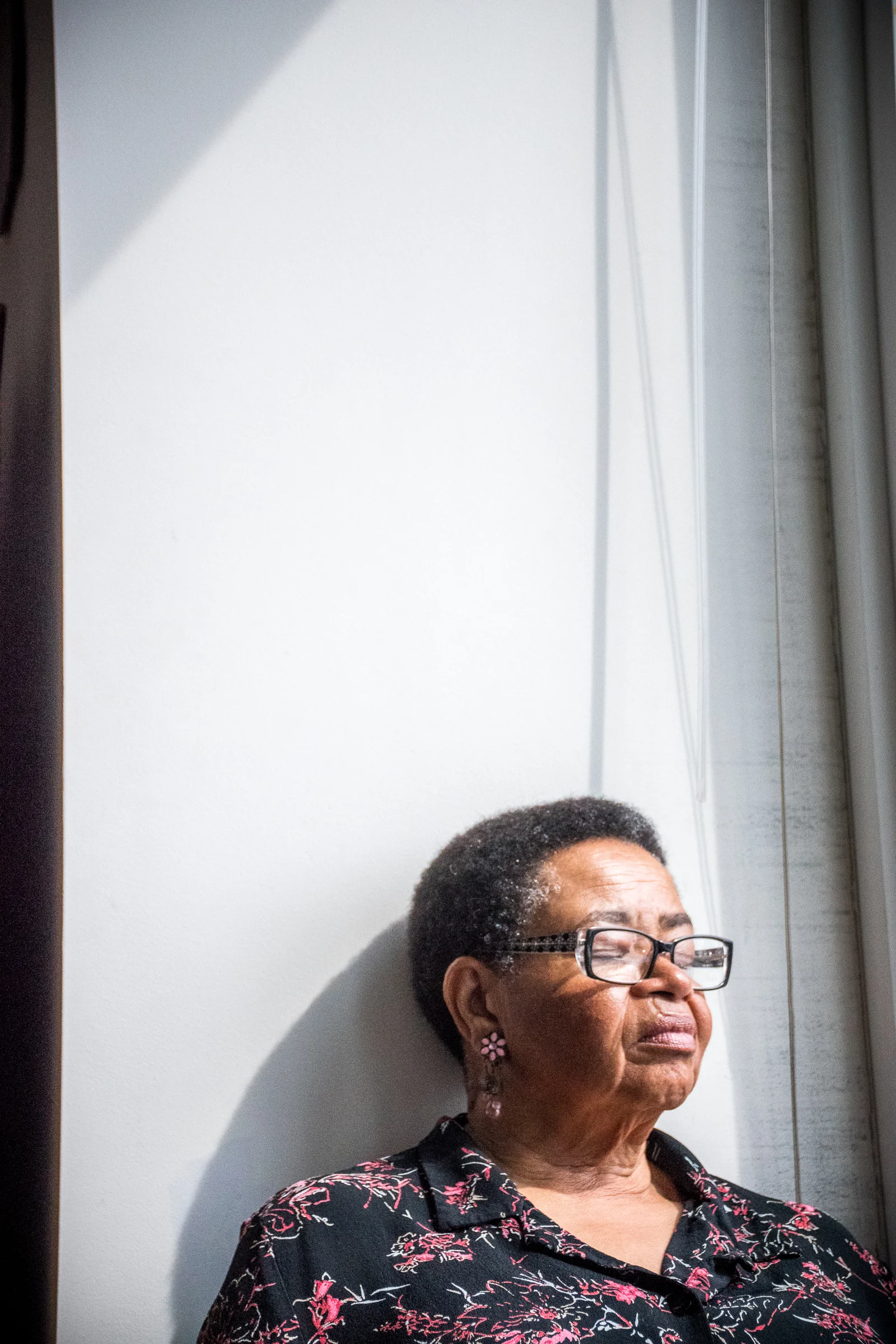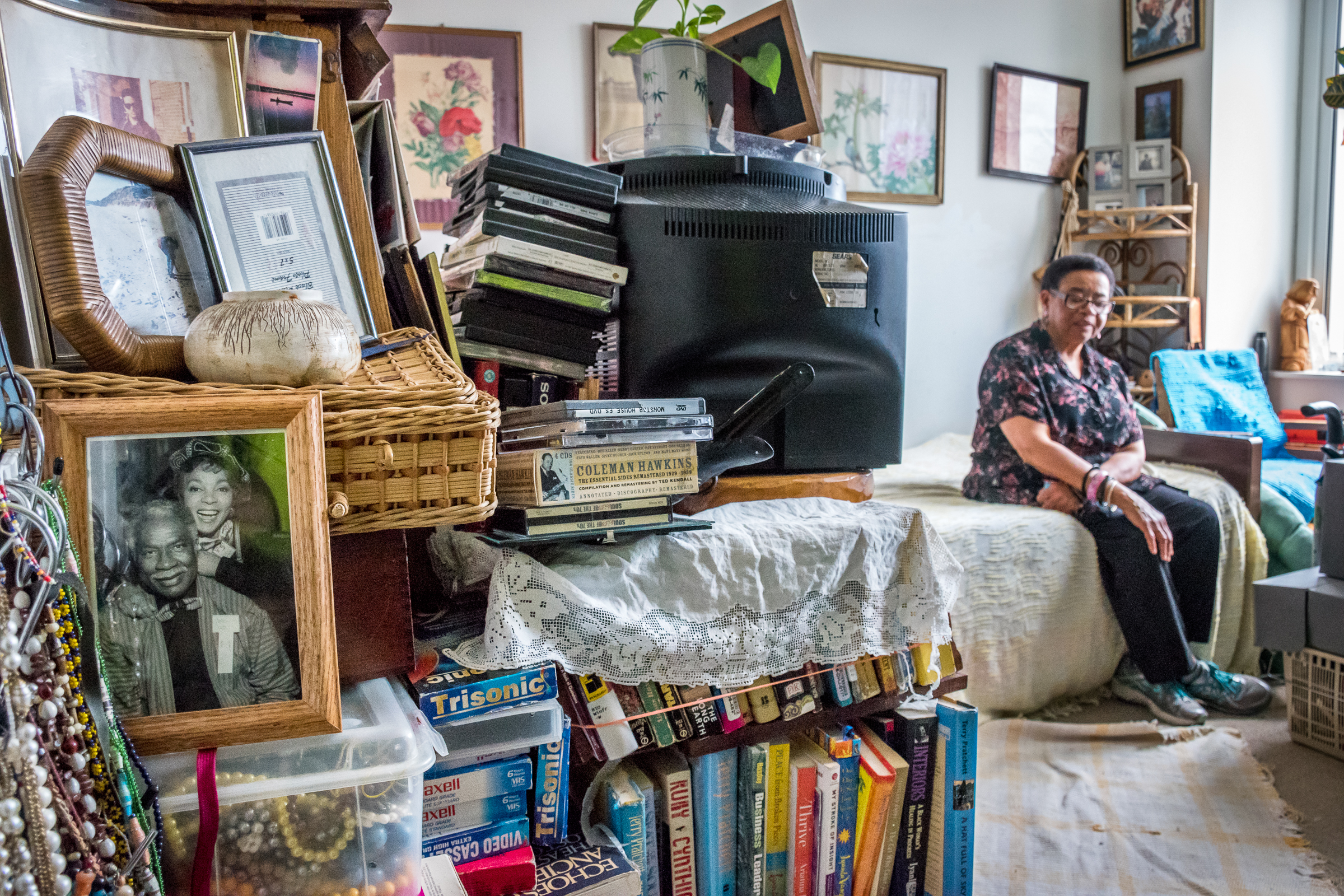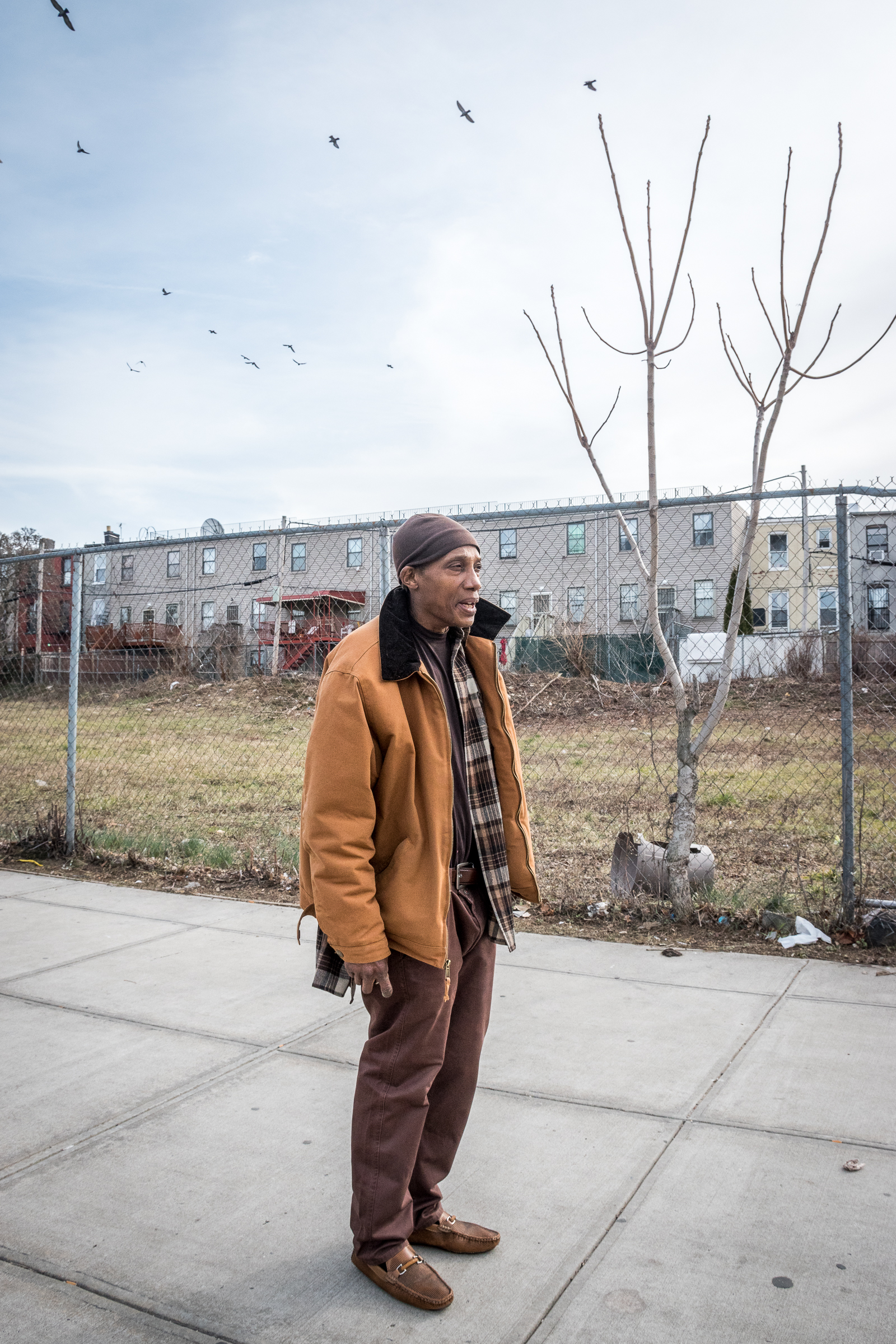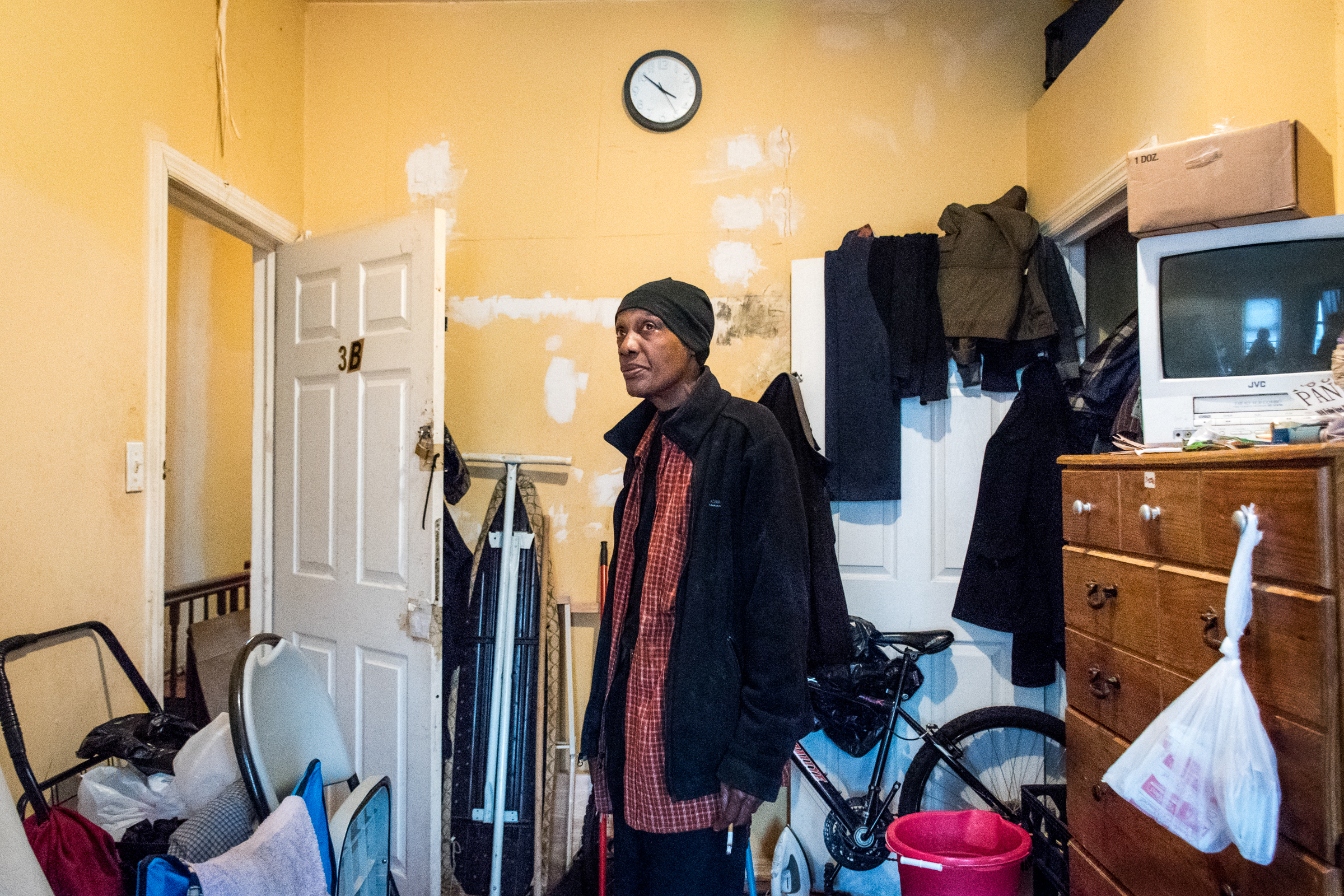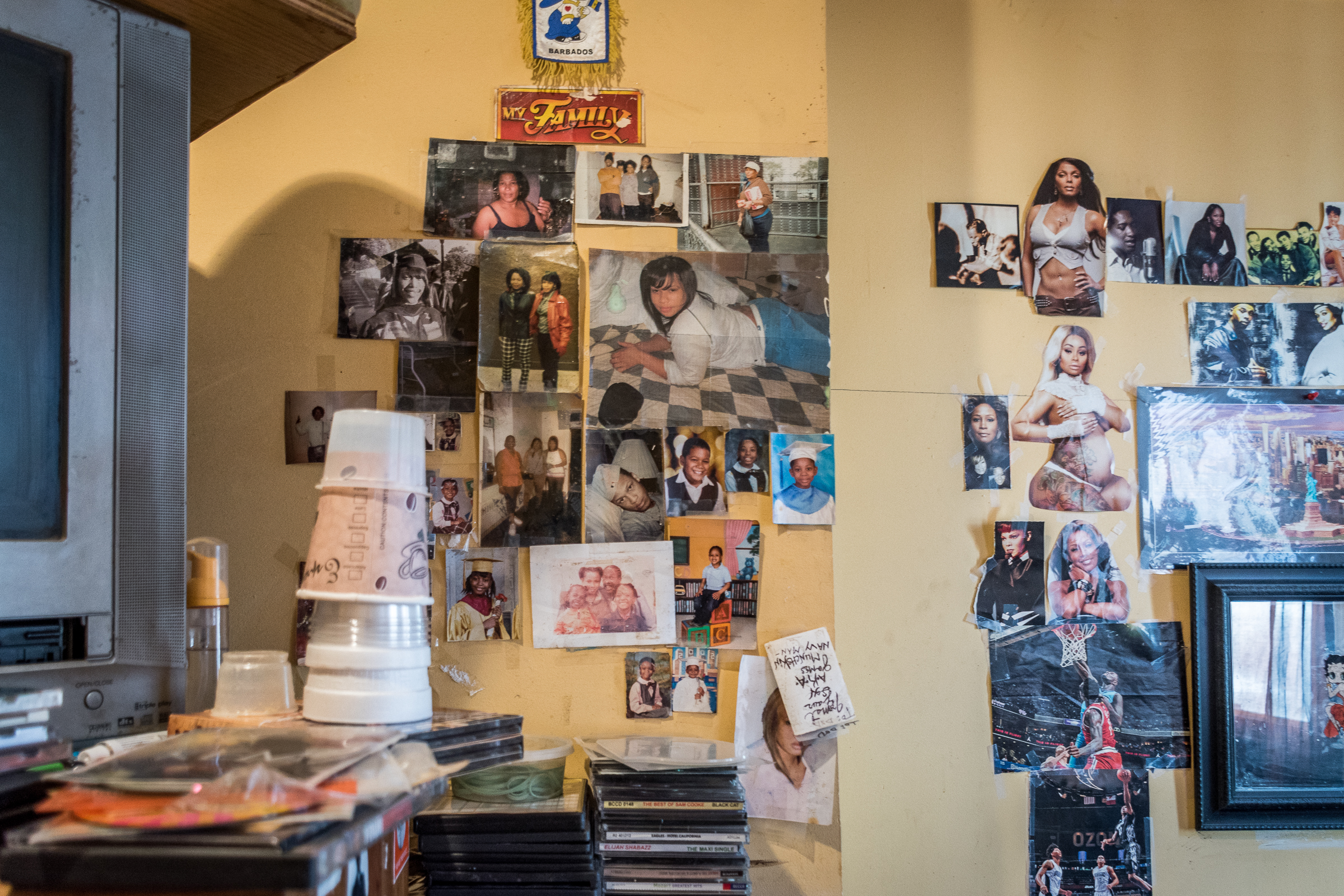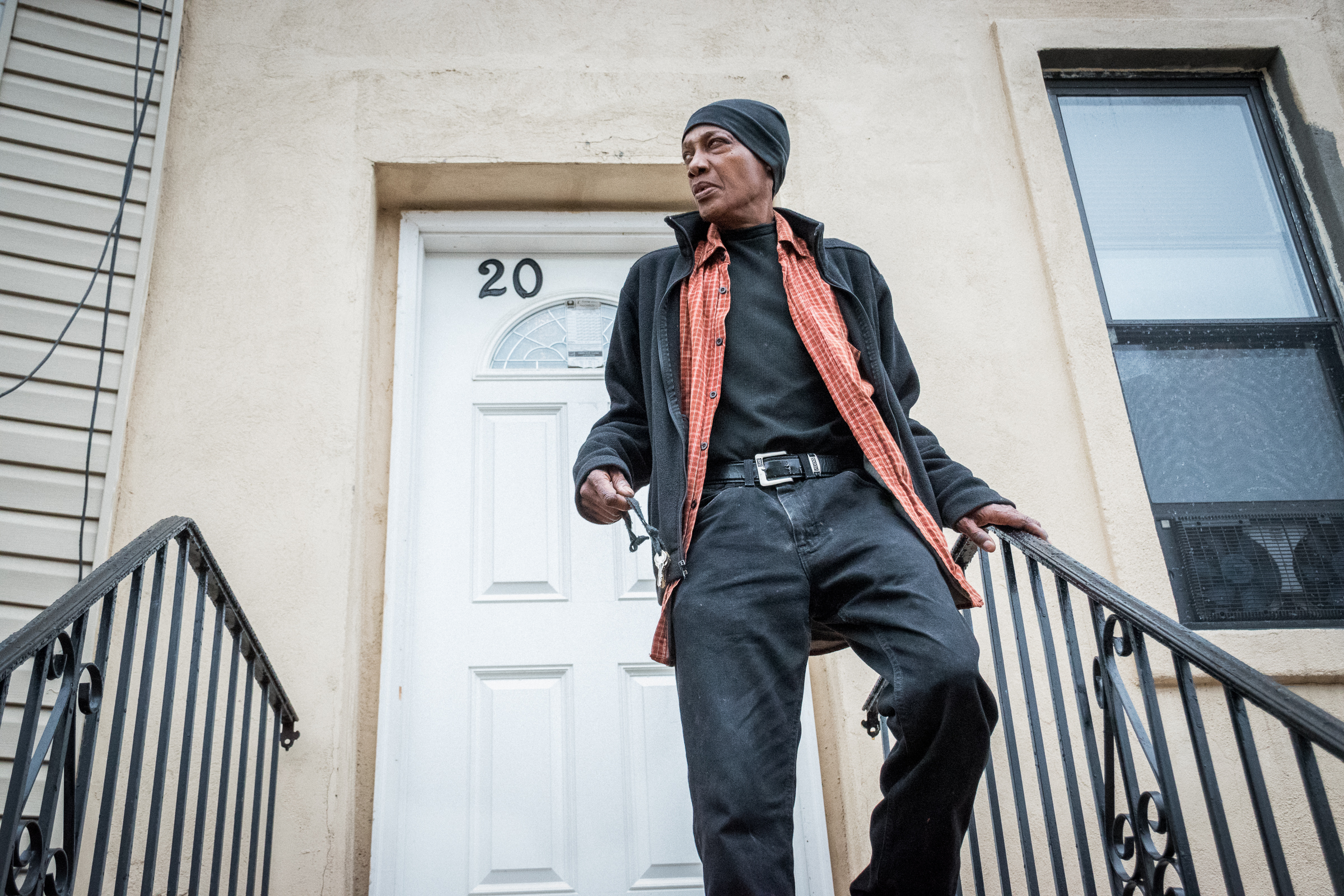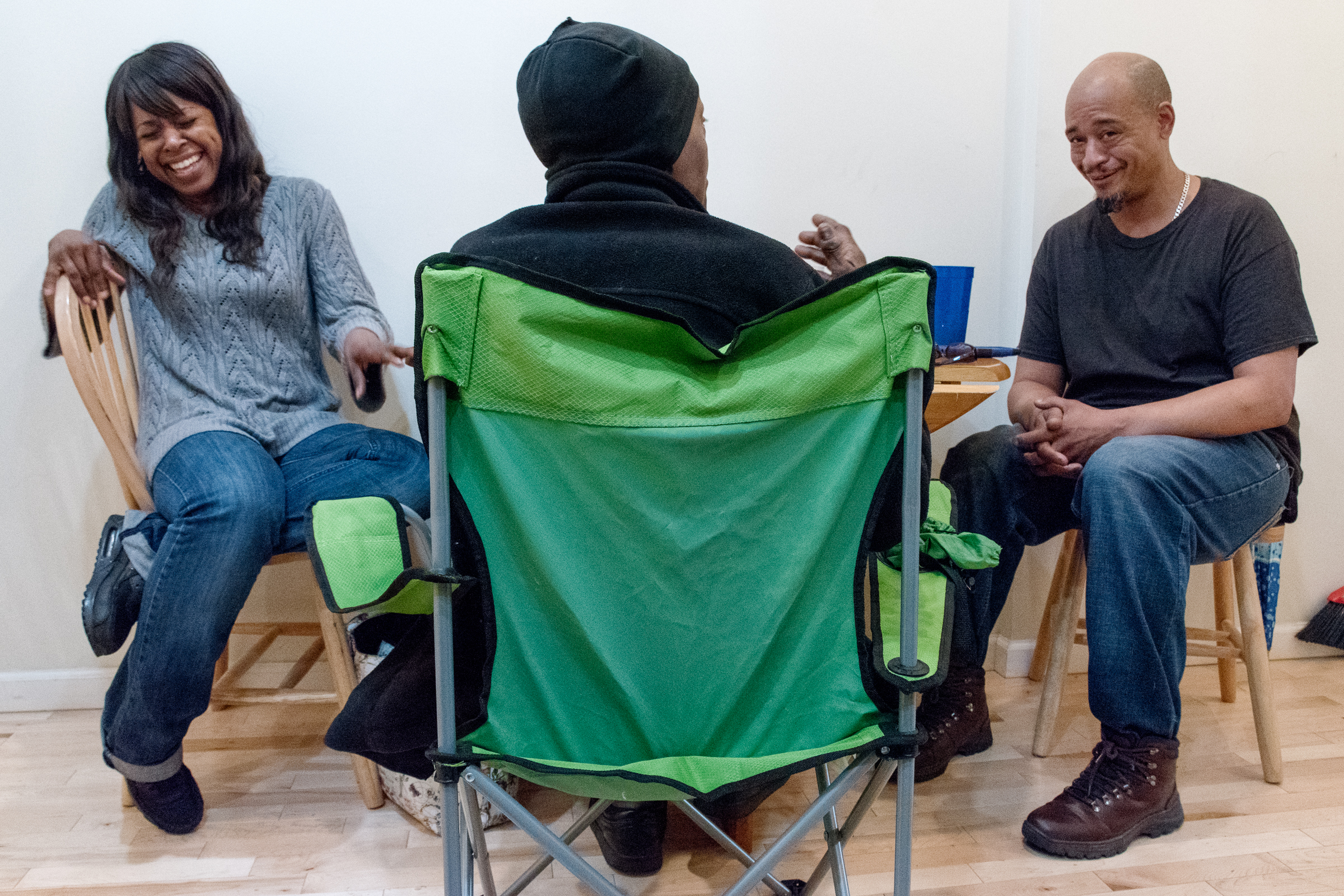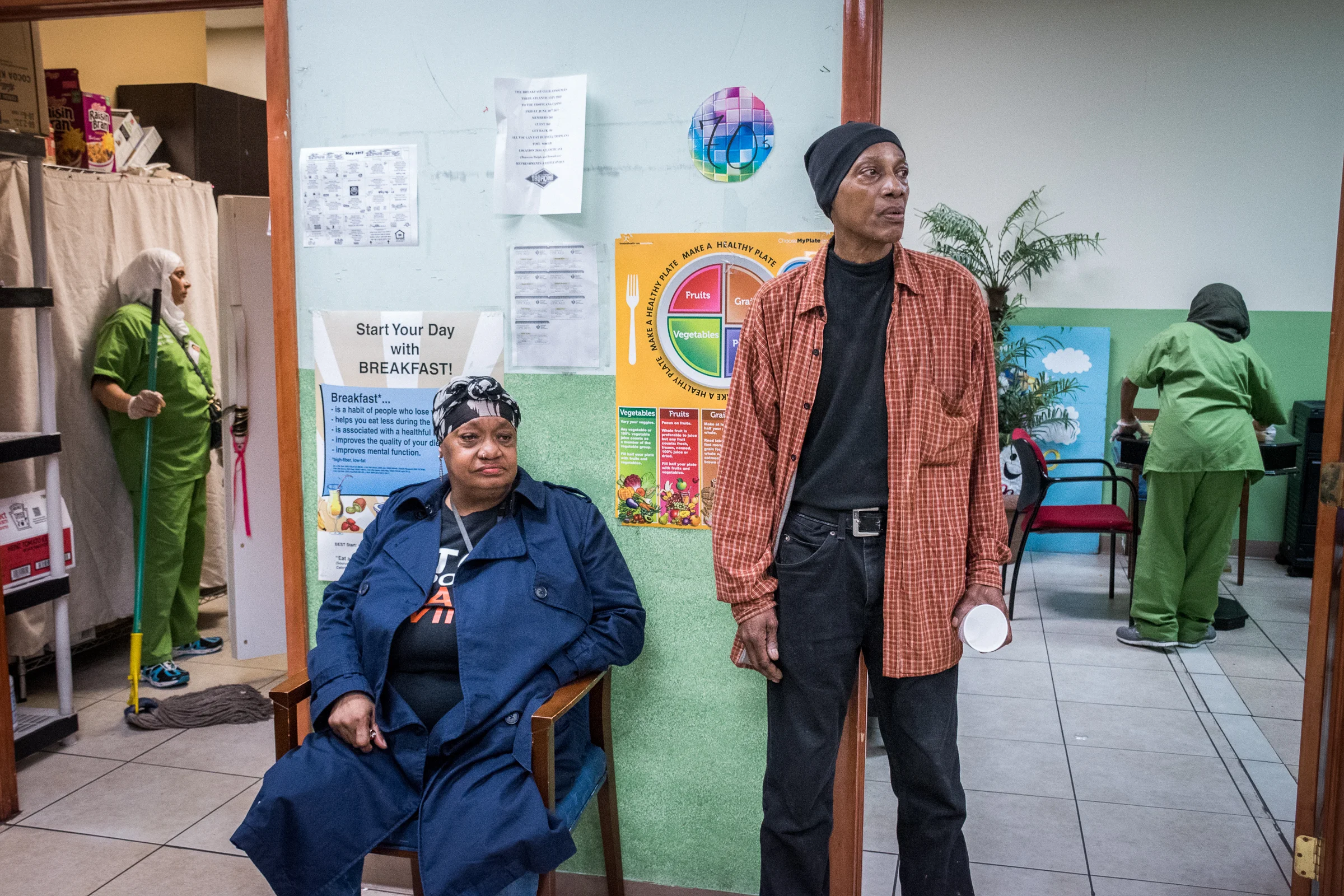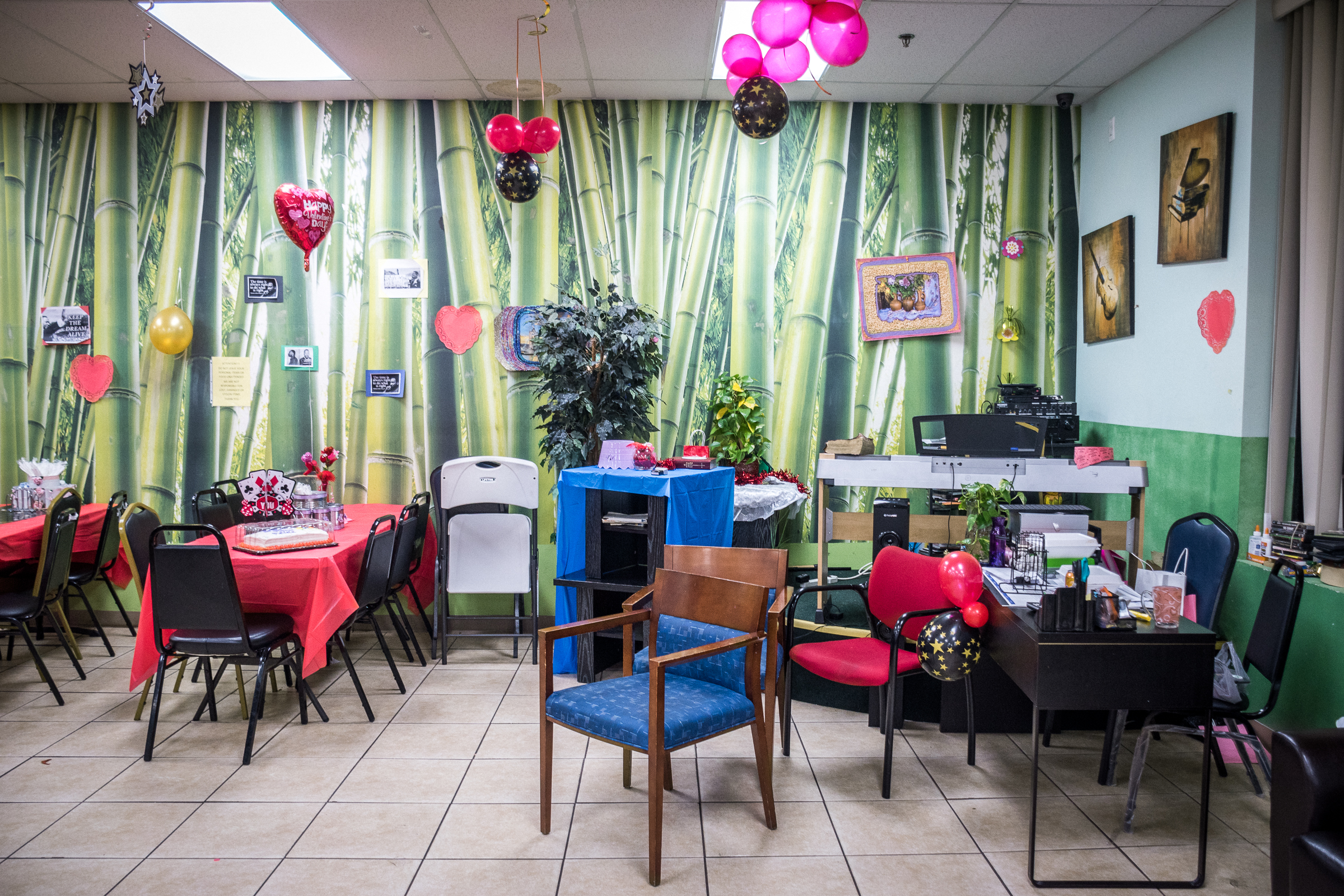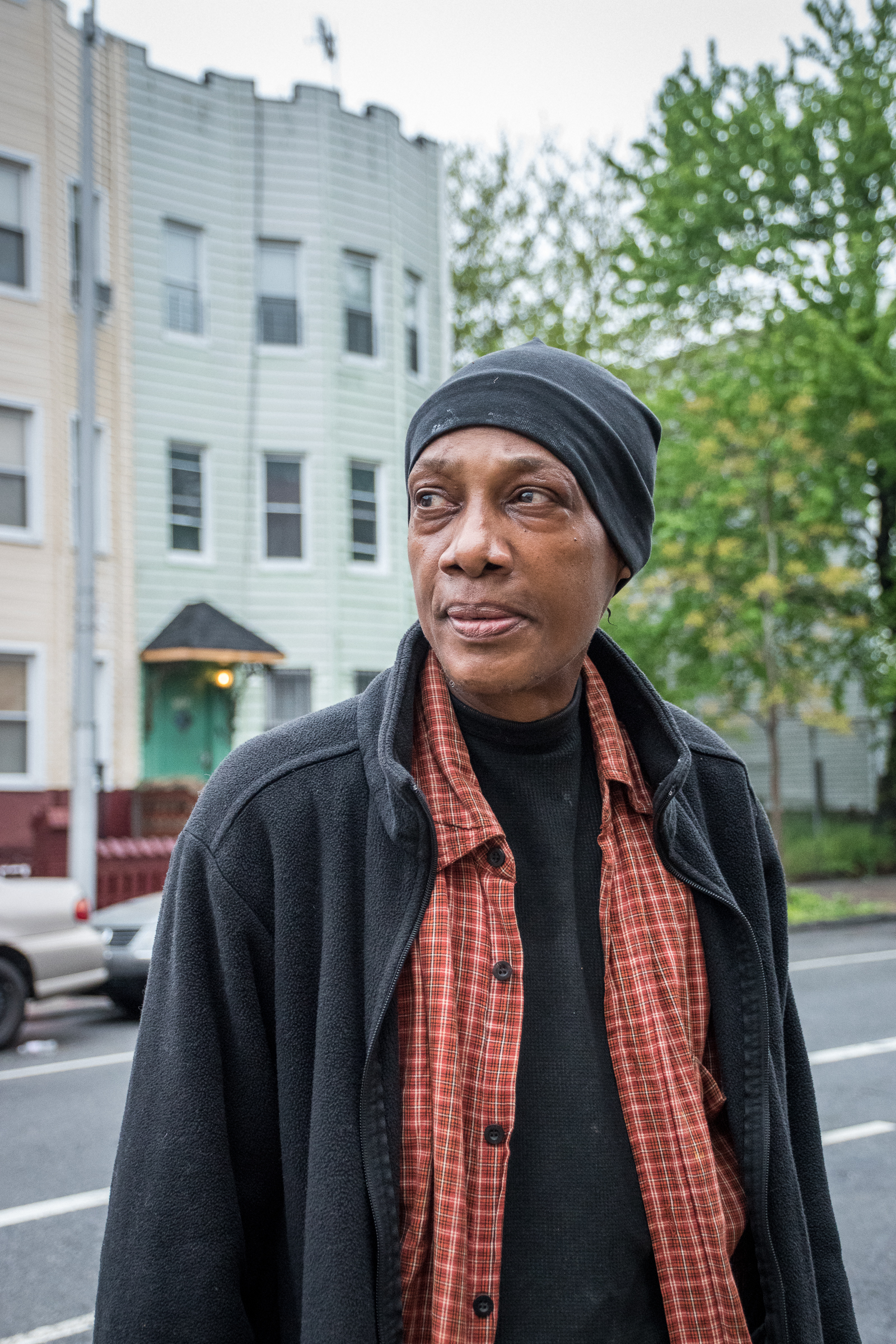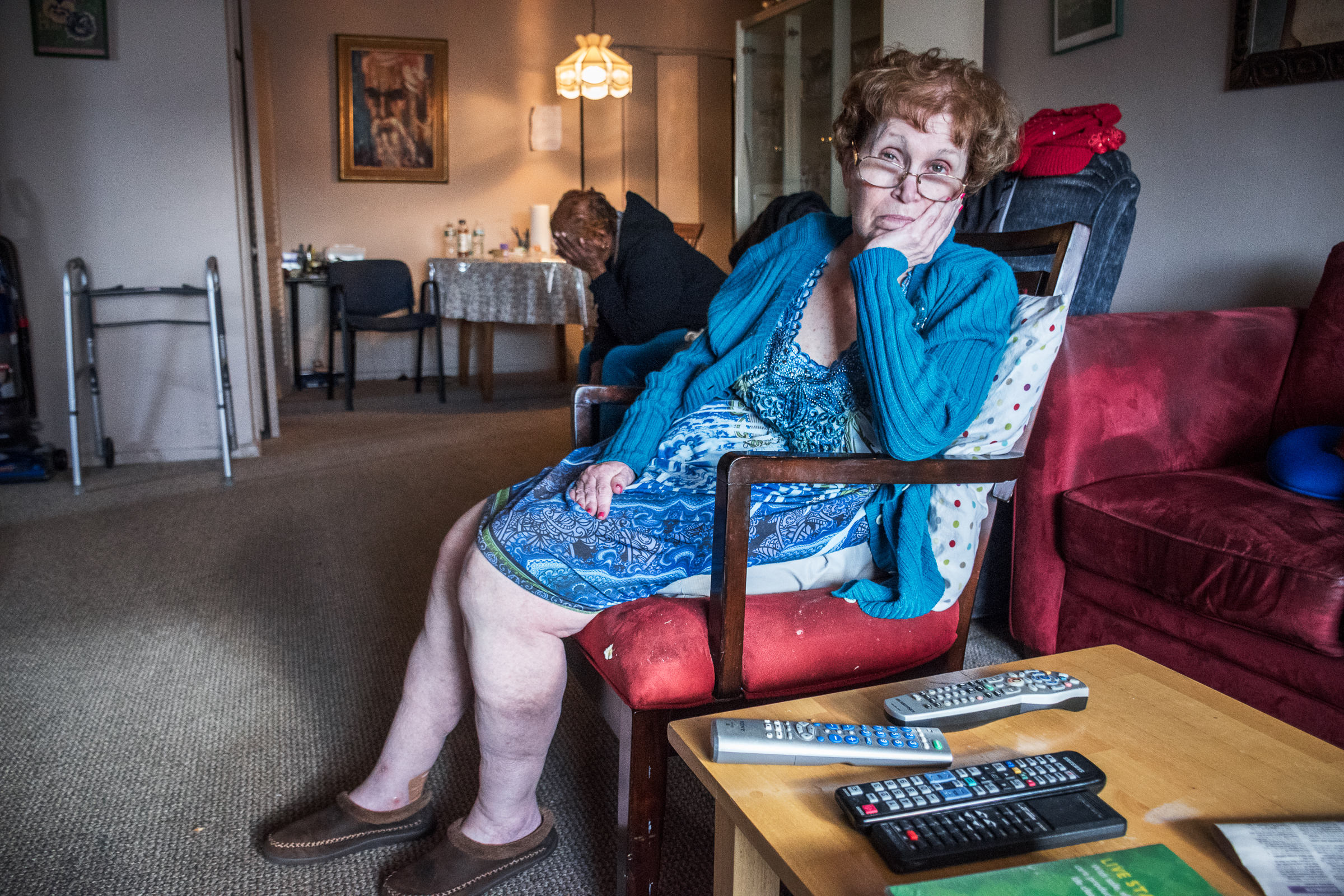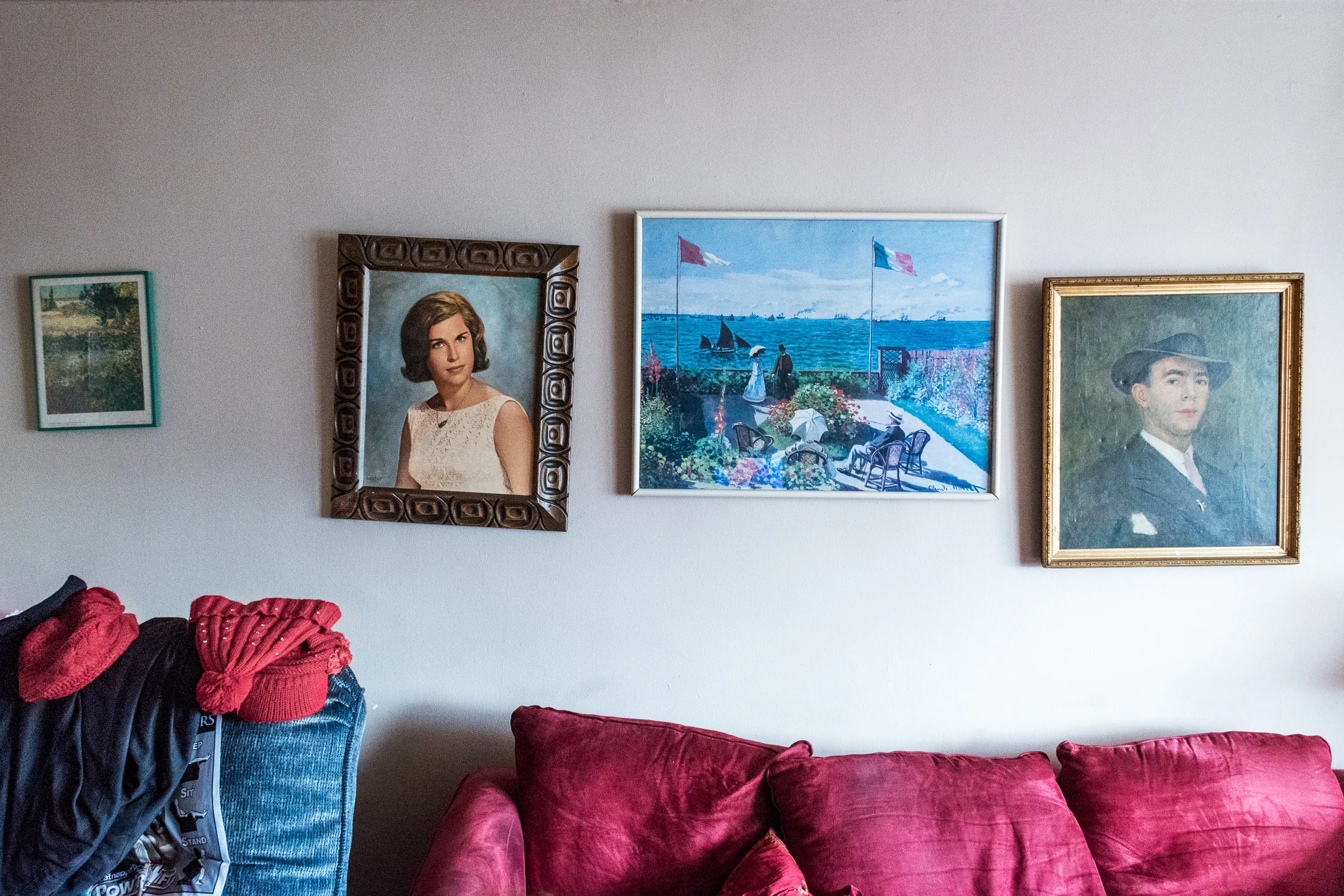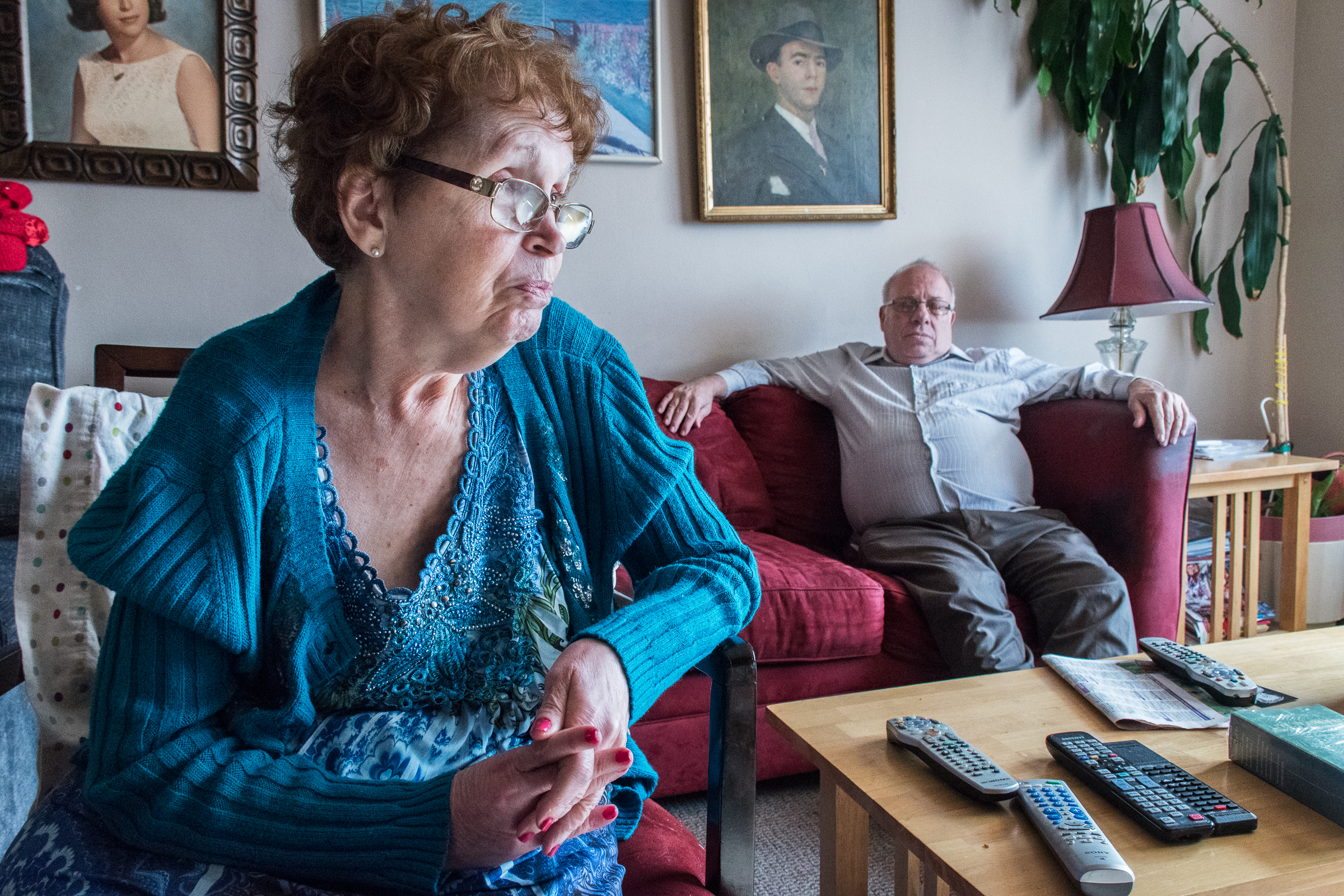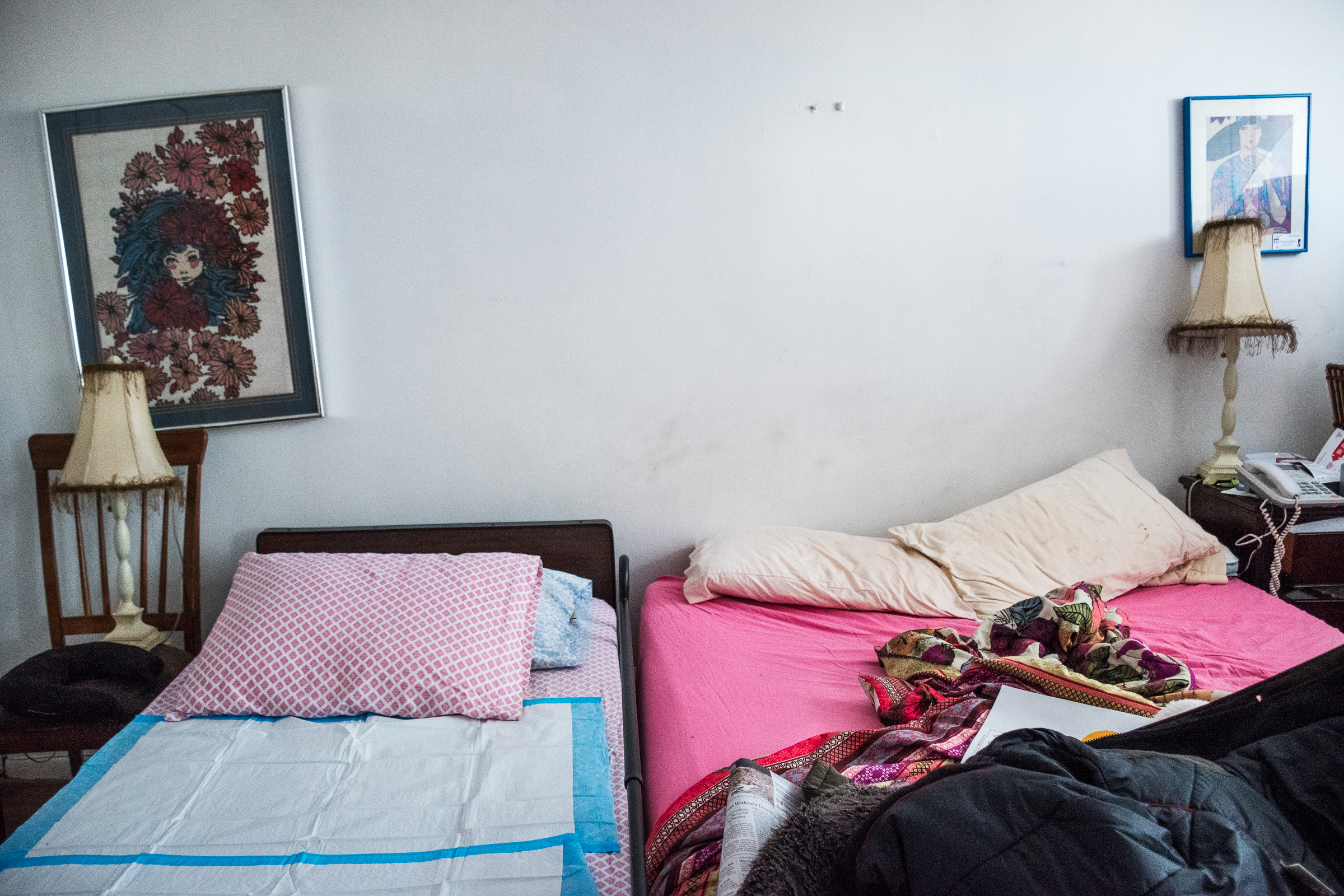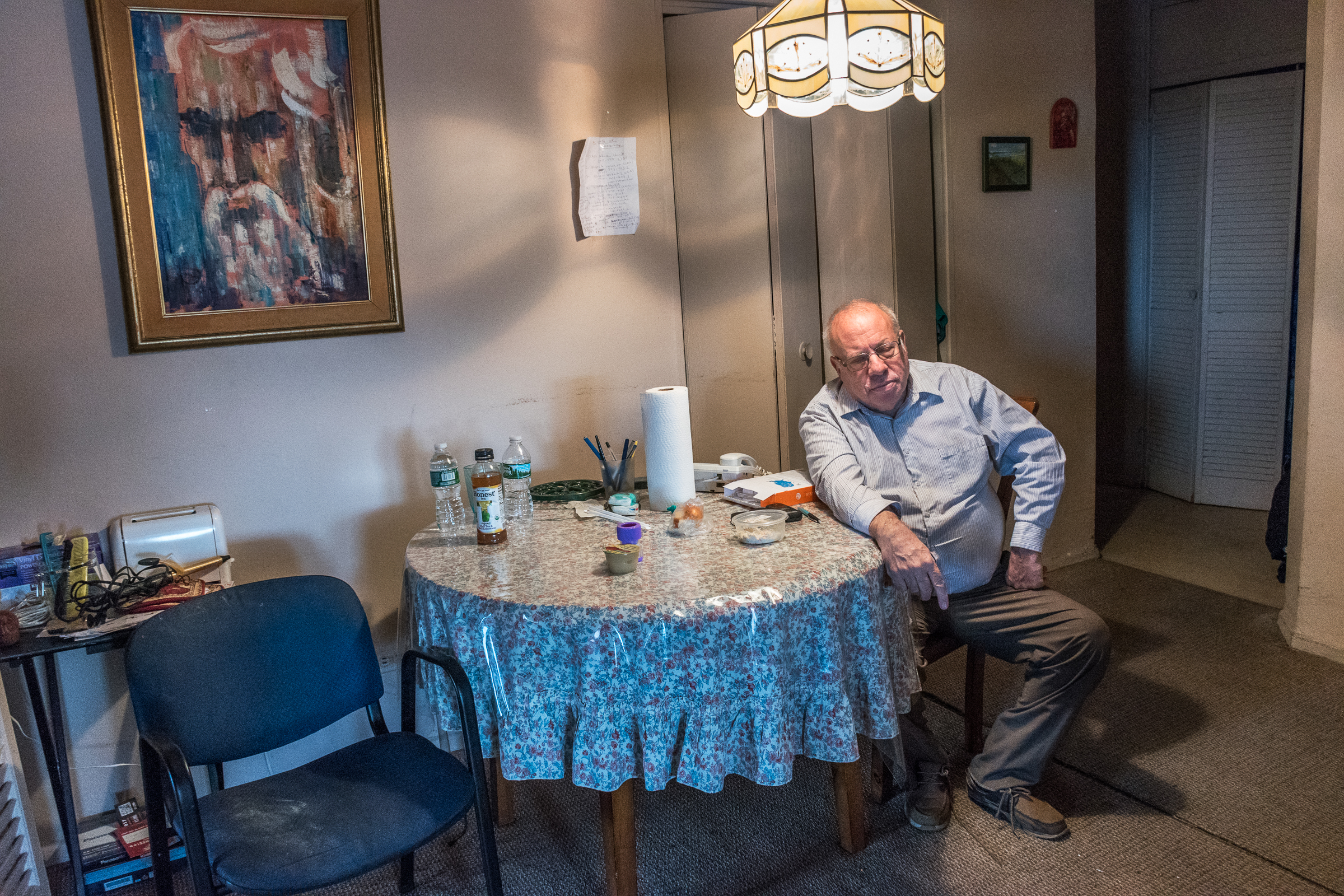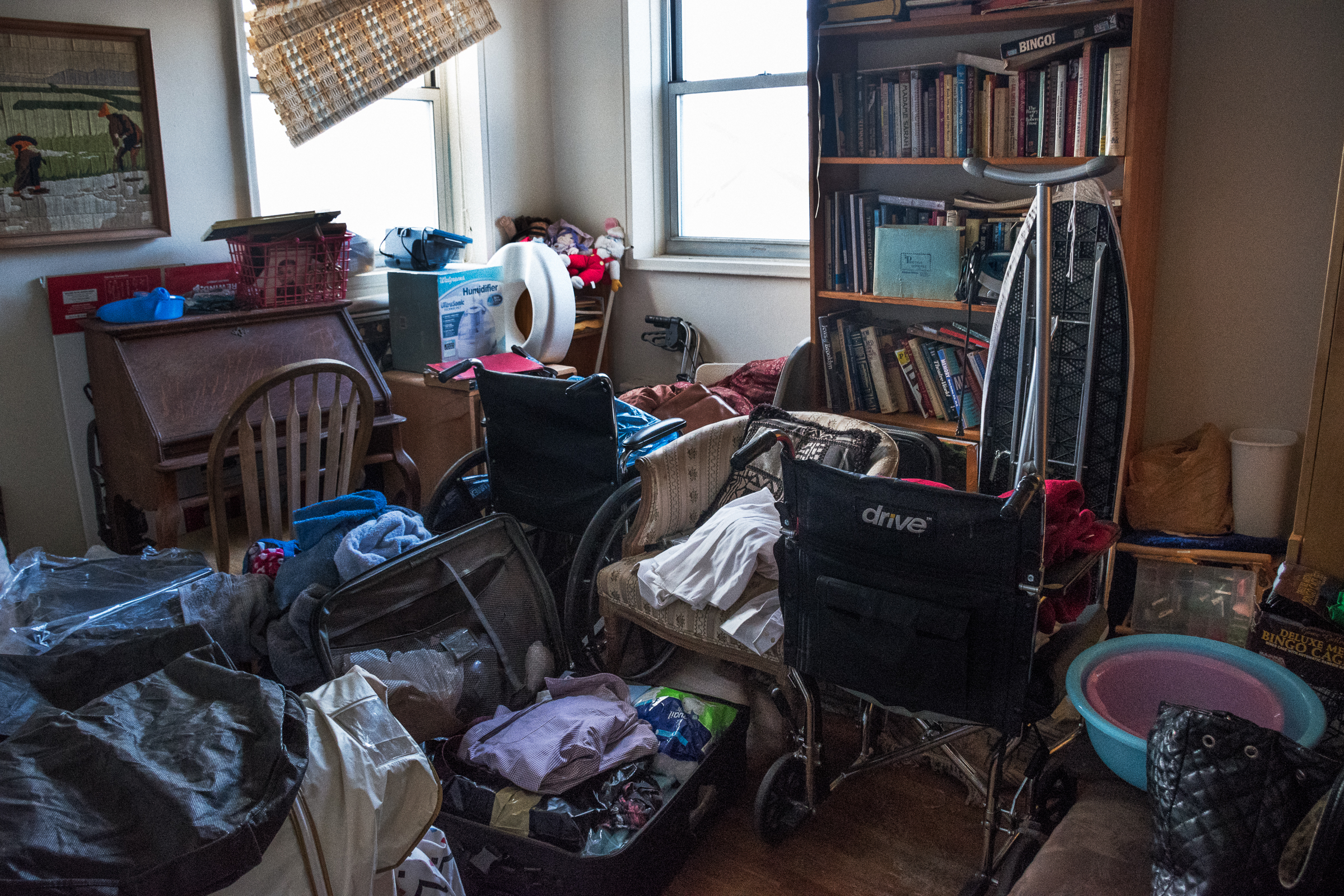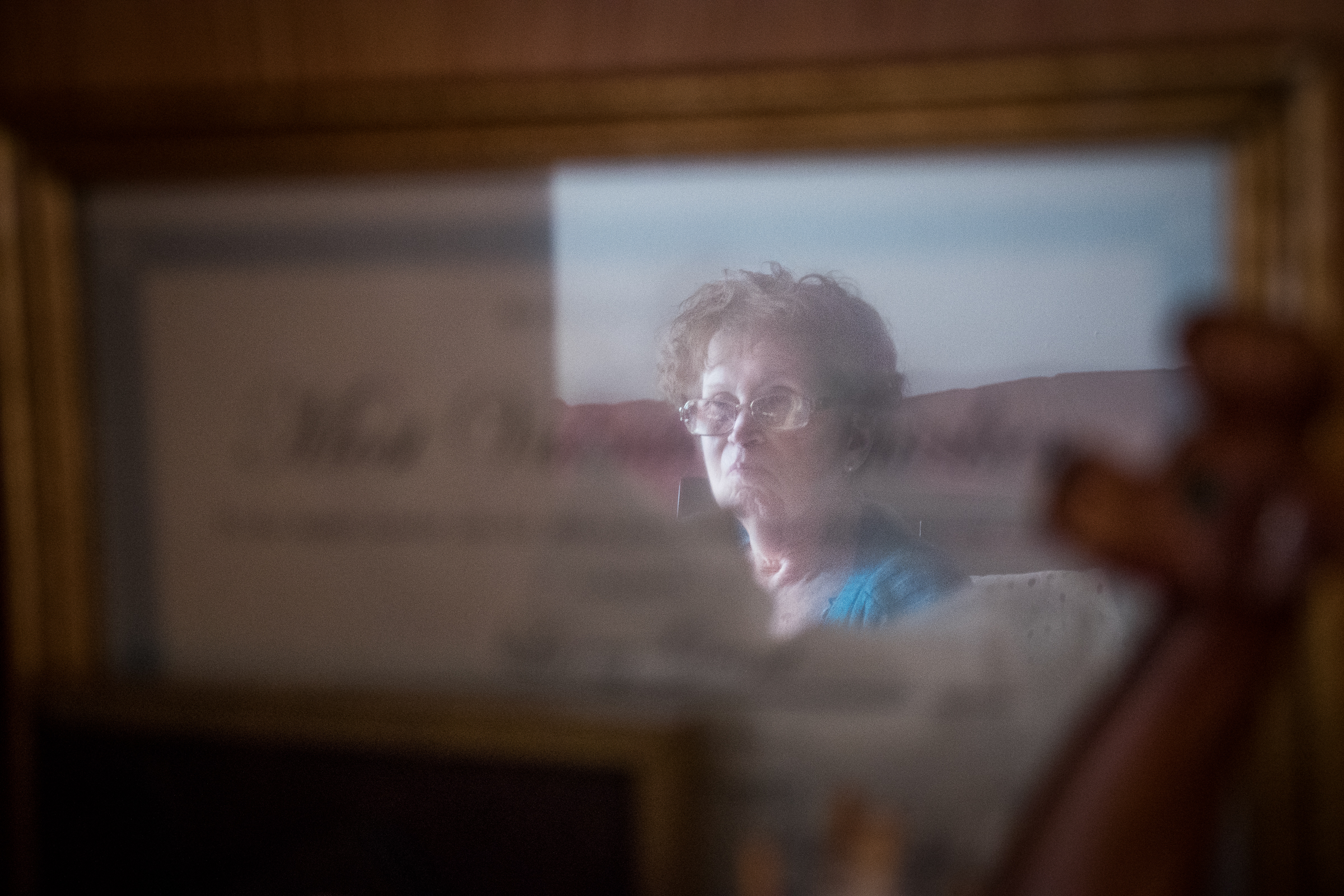Absolute Transition
Approximately 2 million people in the United States sustain a traumatic brain injury (TBI) annually[1]. Despite this staggering statistic, TBI survivors largely go unnoticed by society and many people are unaware of the physical, emotional, and cognitive struggles that they experience as a result of their brain injuries. Such functional challenges can include seizures, memory loss, mood swings as well as difficulty with language, learning, reading, visualization and sensation. These changes often compromise the survivor’s ability to maintain employment and greatly impact their social relationships. As a result, many TBI survivors are socially isolated and struggle to meet their basic needs.
Absolute Transition tells the stories of Rendy Kowal, Frankie Bowen, and Sherry Grant, three brain injury survivors living in New York City. Inspired by the photographer’s own experience growing up as a caregiver for her single mother who sustained a severe brain injury, Absolute Transition aims to highlight the complex experience of living with a largely invisible disability and the urgent need among survivors for support.
[1] Pearson, W., Sugerman, D., Mcguire, L., & Coronado, V. (2012). Emergency Department Visits for Traumatic Brain Injury in Older Adults in the United States: 2006-08. Western Journal of Emergency Medicine,13(3), 289-293. doi:10.5811/westjem.2012.3.11559
